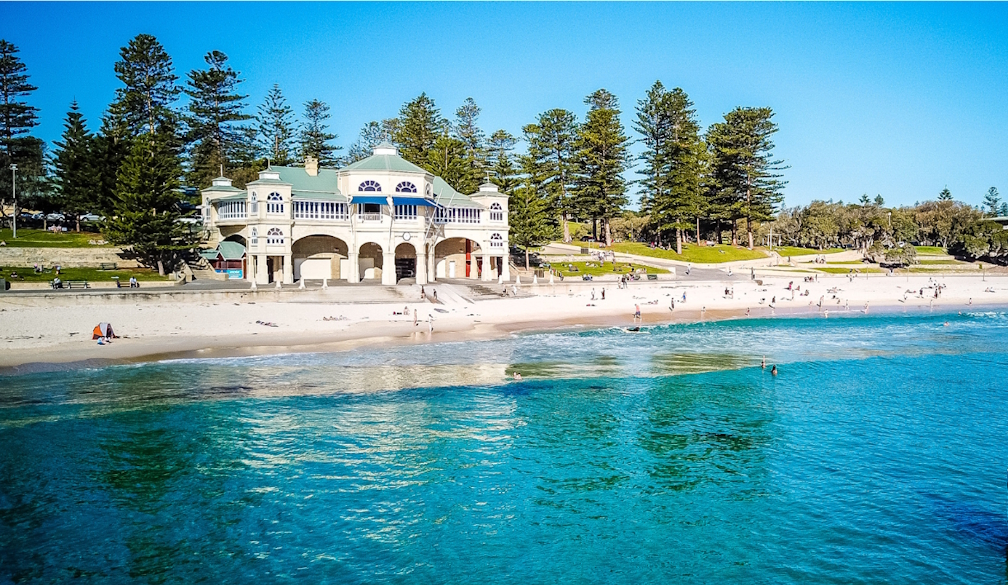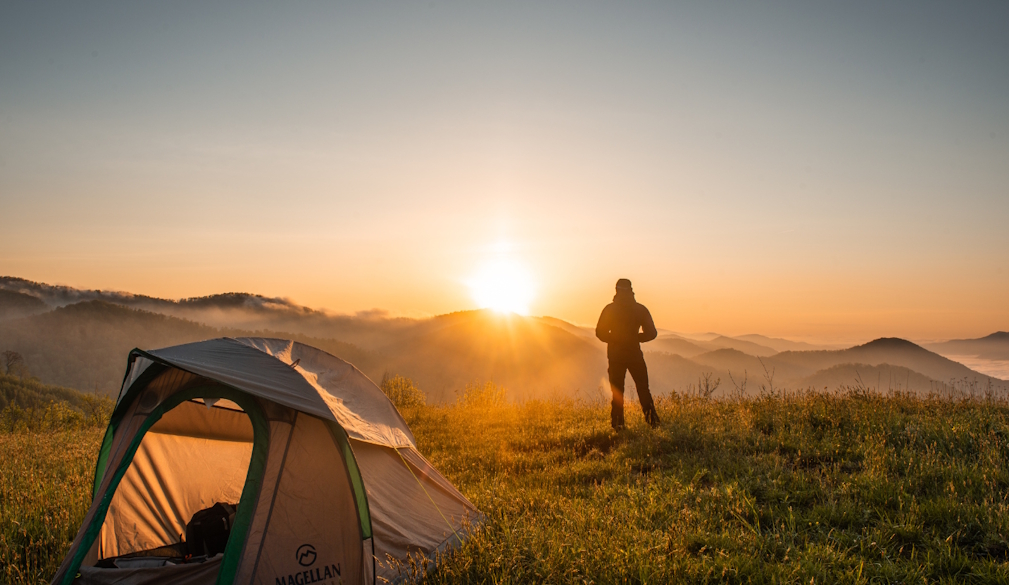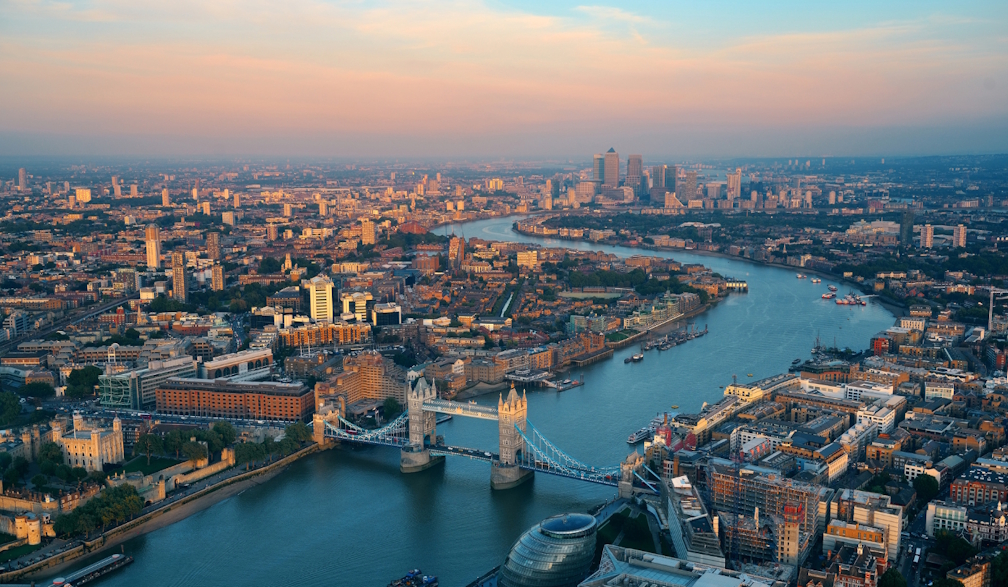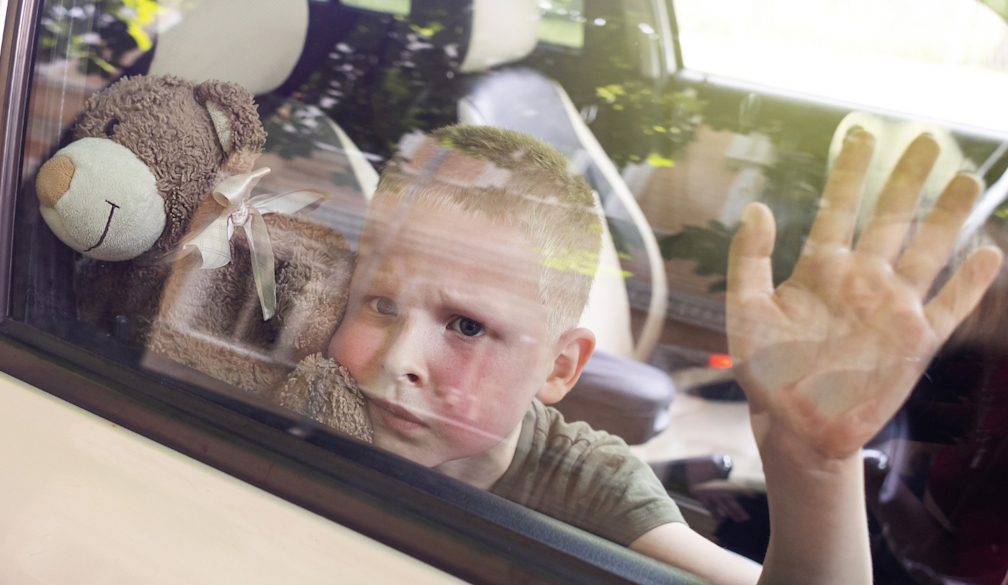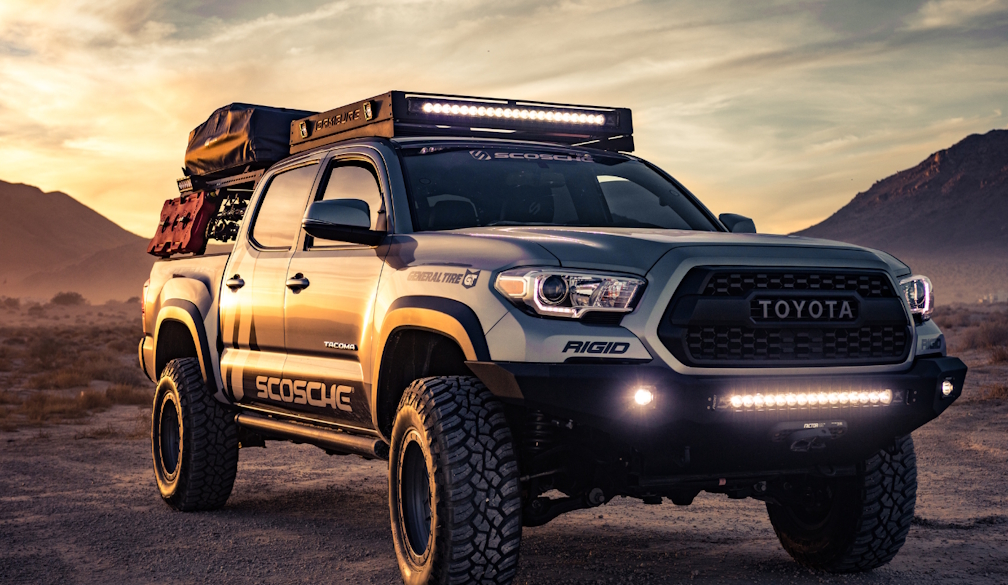What You Need to Know Before Taking Your Caravan Off Road
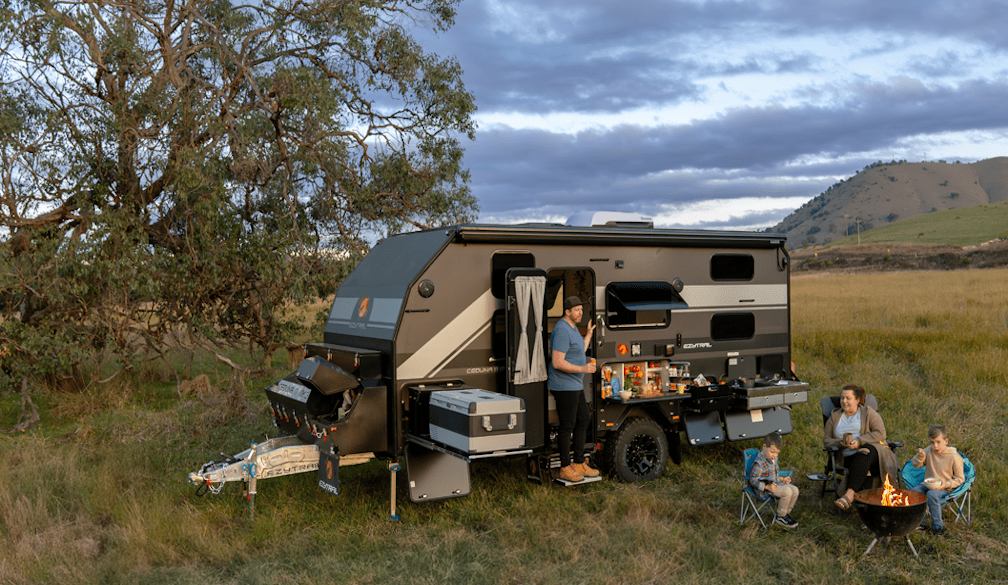
Taking your caravan off road can be an exhilarating experience, allowing you to explore remote areas and enjoy the serenity of nature away from crowded tourist spots. However, before you hit the dirt tracks with your caravan in tow, there are several important factors to consider. Off road caravans are specifically designed for this purpose, but even with the right equipment, proper preparation is essential. This article will cover everything you need to know to ensure a safe and enjoyable off road adventure.
Understanding Off Road Caravans
Off road caravans are specially built to withstand the challenges of rugged terrain. Unlike standard caravans, these vans come equipped with reinforced chassis, heavy-duty suspension and larger tyres to handle rough and uneven surfaces. When looking at off road caravans for sale, it's important to understand the key features that set them apart. For instance, off road caravans often have better ground clearance, stronger drawbars and robust braking systems to ensure safety and stability on unpredictable tracks.
Before making any final purchase decisions, consider the type of terrain you plan to explore. Some off-road caravans are designed for mild off-road conditions like gravel roads, while others are built for extreme environments like sand dunes and rocky inclines, making them ideal for stays at an RV park near McKinney. Understanding your needs will help you choose the right caravan for your adventures.
Preparation
Even with a reliable off road caravan, preparation is the key to a successful trip. Start by ensuring your caravan is in top condition. Check the tyre pressure, and also make sure to inspect the suspension and braking systems. It’s recommended that you carry a toolkit, spare parts and a first-aid kit in case of emergencies. You should also make sure your caravan has been recently serviced and is up to date with its maintenance schedule.
Mapping out your route is another essential step. Off road tracks can be remote and challenging, so it's important to research the area thoroughly. Make sure you know the location of fuel stations, water sources and potential camping spots. Having a GPS device and physical maps as backups can save you from getting lost in unfamiliar territory.
Load & Weight Distribution
One of the most critical aspects when taking your caravan off road is managing the load and weight distribution. Overloading or unevenly distributing weight can lead to poor handling and an increased risk of accidents. Off road caravans are designed to handle heavier loads than standard caravans, but this doesn’t mean you can pack without consideration. Ensure heavy items are stored low and towards the centre of the caravan to maintain stability. Distribute the weight evenly across the axles to avoid putting too much strain on one side, which could result in tyre blowouts or suspension damage. Always secure your belongings to prevent them from shifting during the journey.




